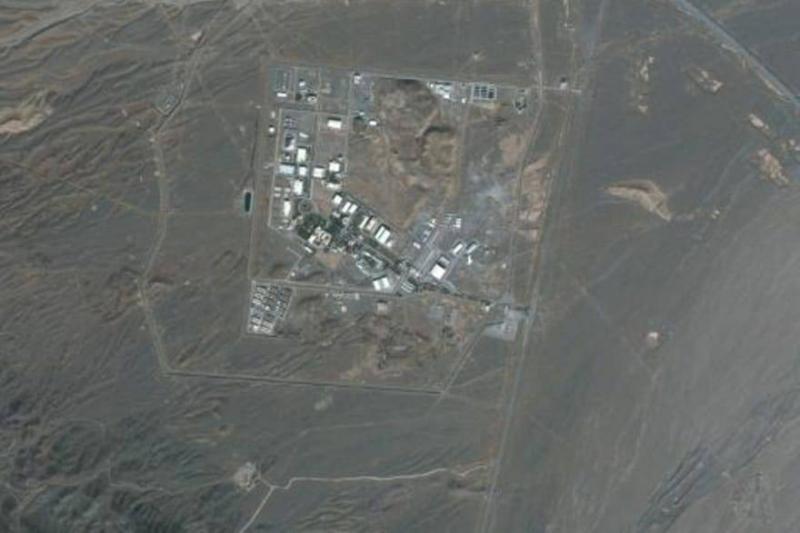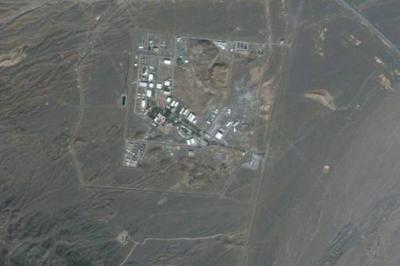A report in the American magazine "Foreign Policy" predicts that Iran is one month away from achieving a nuclear weapon, amidst the confusion of President Joe Biden’s administration and the diminishing influence following the withdrawal from Afghanistan. The report warns that the Biden administration's laxity could drive the entire Middle East into a new nuclear arms race.
The report cites the recent emergence of Iran's new Foreign Minister, Hossein Amir-Abdollahian, on the international stage last week and his statements at the United Nations, which drew the attention of observers due to his excessive confidence. Both American and international sources indicate that his government is increasingly determined to make Iran a "nuclear state" while continuing talks with the West.
Senior American officials fear that Iran is indeed moving toward "Plan B," which involves delaying negotiations while preparing for rapid advancement toward a nuclear weapon, according to the "Foreign Policy" report. This alarming conclusion follows President Biden's swift withdrawal from Afghanistan and the subsequent takeover by the Taliban, which signals to both U.S. adversaries and allies an eagerness on Biden's part to disengage from the region and focus on the Chinese threat. This phenomenon is referred to by some as the "Afghanistan effect," which has severely damaged U.S. credibility in the Middle East.
Dennis Ross, a U.S. diplomat specializing in Middle Eastern affairs, stated: "It is clear that the Iranians are no longer afraid of us... This in itself indicates that we do not really have the level of deterrence we need, whether concerning the nuclear issue or in the region."
According to the report, Iran is now closer to a nuclear bomb than at any time before, according to estimates from the International Atomic Energy Agency and other experts. By sending mixed and unclear signals regarding its nuclear red lines, the Biden administration may be laying the groundwork for a nuclear arms race in the Middle East, which is precisely what the Joint Comprehensive Plan of Action was intended to prevent, according to the report.
Whether Tehran will reach the point where it openly builds a nuclear weapon or not, the greater concern is that it, much like Japan to some extent, will possess the technical knowledge and enriched uranium to rapidly construct a nuclear weapon. Even this outcome, known as the threshold state, would significantly alter the balance of power in the region.
Ruel Mark Gerhght, a former CIA officer and Iran affairs expert, noted: "After Afghanistan, it is not really plausible to imagine Biden using military force against the Iranian nuclear program, but perhaps the Israelis will."
In his speech before the United Nations General Assembly on Monday, new Israeli Prime Minister Naftali Bennett declared that "Iran's nuclear program has reached a decisive moment," warning that "words do not stop centrifuges from spinning."
When asked whether Washington has an alternative plan if the Vienna talks fail, a senior U.S. official stated that the "Plan B" of concern is one that Iran may consider, as it seeks to continue its nuclear program. Ali Vaez from the International Crisis Group stated: "Iranians are confident that time is on their side, and American influence has peaked. When talks resume, they will come to the table believing that the West will have no alternative but to accept their demands over sanctions relief."




